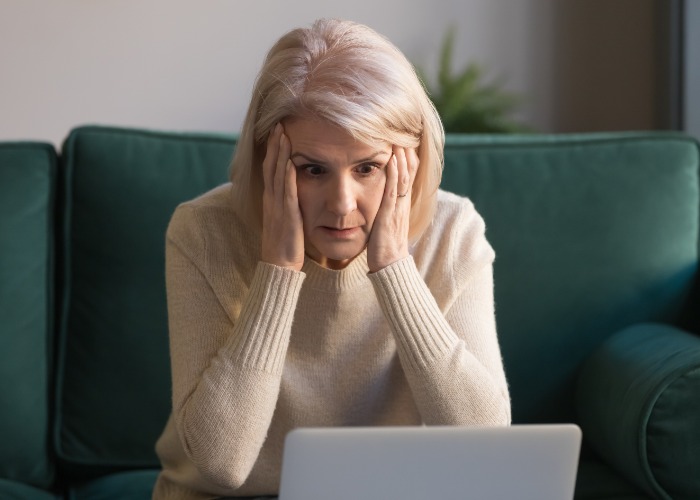State Pension: thousands of women in line for back-payments

Government to shell out £3 billion correcting "systemic underpayment" of women's pensions. Find out who's owed what.
The Government is to spend a whopping £3 billion over the next couple of years in back‒payments to many thousands of women who have been paid a smaller State Pension than they are entitled to.
Last week the Office for Budget Responsibility published an “economic and fiscal outlook” alongside the Government’s Budget documents.
The report noted that the Department for Work and Pensions had identified underpayments of the State Pension to a host of different women dating back to 1992.
And in order to address these underpayments, the DWP is to spend £3 billion over the next six years.
It's estimated that around 200,000 women could receive an average of £13,500 each as part of the payout.
Who has been underpaid?
As we have detailed in the past, an awful lot of married women have been shortchanged on their State Pension payments, as they qualified for boosted payments due to their husband’s National Insurance record.
- The pensions consultancy LCP has previously detailed six distinct groups of women in this position.
- Married women whose husband turned 65 before 17 March 2008 and who have never claimed an uplift;
- Widows whose pension was not increased when their husband died (they can potentially receive a full basic State Pension, plus a percentage of their late husband’s additional State Pension);
- Widows whose pension is now correct, but who may have been underpaid while their husband was still alive, particularly if they reached 65 after 17 March 2008;
- Women over the age of 80 who are receiving a basic pension of less than £80.45, provided they satisfied a basic residence test when they turned 80;
- Widowers and heirs of married women, where the woman has died but was underpaid the State Pension during their life, especially when their husband turned 65 after 17 March 2008;
- Divorced women, particularly those who divorced after they retired, who need to establish whether are benefitting from the contributions of their ex-husband.
According to the OBR’s report, an internal investigation by the DWP last year uncovered a “systemic underpayment” of State Pensions to women in these various circumstances, which meant that “tens of thousands of married, divorced and widowed people” have been underpaid since 2008.
These aren’t small underpayments either ‒ in some cases the enhanced payments these women were entitled to would have boosted their payments by up to 60%.
The DWP has now started correcting this error by handing the money due to the underpaid women, though the OBR pointed out that the actual amount this will end up costing is highly uncertain as “the true extent of the underpayment is not yet established”.
In other words, even now we still don’t really know precisely how many women have been shortchanged, nor how much they are due in order to make things right.
Let’s get a move on
 This particular issue has been repeatedly highlighted by Sir Steve Webb, the former pensions minister who is now a partner at LCP.
This particular issue has been repeatedly highlighted by Sir Steve Webb, the former pensions minister who is now a partner at LCP.
It’s off the back of his work ‒ and the difficulties revealed by his Freedom of Information requests ‒ that the DWP has set up a special unit, boasting more than 100 civil servants, to specifically look into the issue.
But even Webb admits to being stunned by the scale of the issue, with the money having to be set aside to correct these underpayments “truly mind-numbing”.
He added: “Repayments of £3 billion over the next five years could imply huge numbers of women have been shortchanged, potentially for a decade or more.
"The Government needs to devote serious resources to getting these repayments out quickly as these women have waited long enough”. And that’s really the point, isn’t it?
Tens of thousands of women have had to scrimp and save, count the pennies during their retirement, and all because the pension authorities made a hash of actually paying them the retirement income they were entitled to.
As a nation, we owe it to those women to get a move on in correcting this error and ensure that they don’t have to put up with these unfairly small incomes for a day longer than necessary.
Comments
Be the first to comment
Do you want to comment on this article? You need to be signed in for this feature